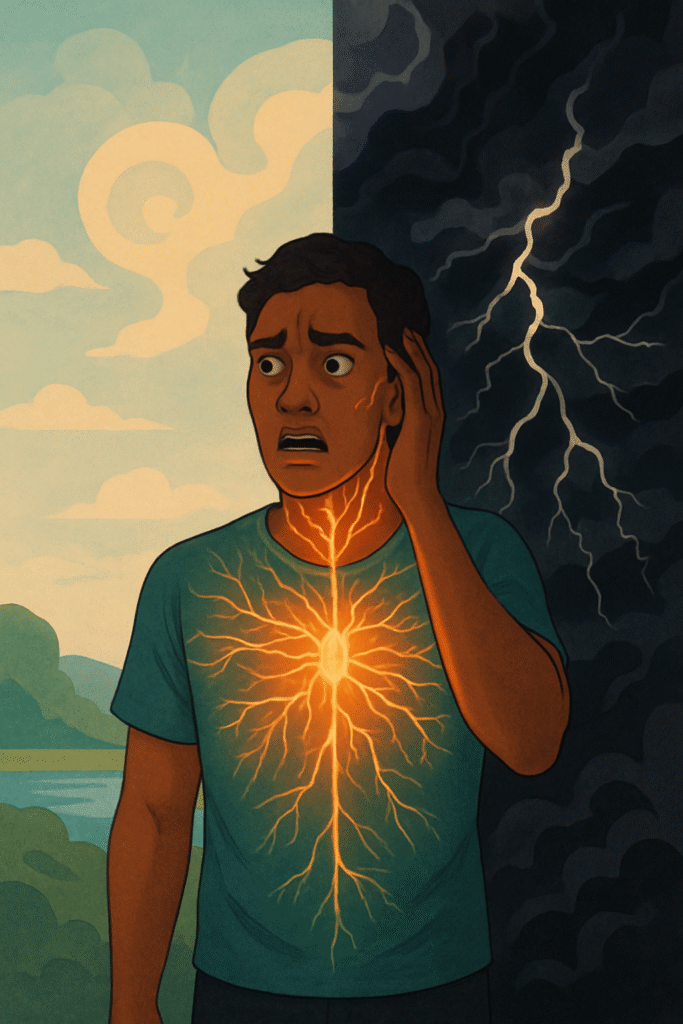Who Needs to Hear This Today?
So many people talk about mental health, but how many truly understand what it’s like to live inside it every single day?
If you’re quietly battling OCD, anxiety, phobias, depression, or any mental health struggle that feels impossible to face, and that no one else can see, this is for you. Every morning, you wake up already in a fight that feels invisible. And yet, every small victory, finishing a meal, facing a fear, surviving another panic attack, is monumental, even if the world doesn’t notice.
This post is a reminder: your struggles are real. Your victories matter and you deserve to celebrate them, even in silence.
The Struggles No One Notices
I’ve carried those battles for years. What hurt the most wasnt just the symptoms, it’s the silence, the lack of acknowledgment. People celebrate medals, promotions, milestones, but who celebrates the victories that feel small to the world but life-changing to you?
For years, I couldn’t eat properly. Anxiety, OCD, and phobias had taken over something as simple and human as sharing a meal.
The day I finally finished a plate of food, the joy was overwhelming. It felt like reclaiming a piece of life I thought I’d lost forever.
And yet, no one around me could see how monumental that moment truly was.
Facing Fear Alone
Panic attacks made every day unbearable, the fear, the shaking, the endless “what ifs.”
When I finally faced them and overcame them, there was no applause, just me, just my own quiet victory.
Progress can be invisible. Courage can go uncelebrated. But that doesn’t make it any less real.
Why This Matters
This isn’t about sympathy or praise, it’s about recognizing the strength it takes to face each day.
You deserve acknowledgment, recognition for your progress.
You deserve someone to say, “Well done,” even if the world doesn’t understand what it took to get here.
Celebrate Your Own Victories
Sometimes, we must celebrate our victories in silence. Not every triumph will be witnessed, not every moment of courage will be applauded.
But that doesn’t make them any less powerful.
We all carry private worlds inside us, places no one else fully sees, where our fears live, hope grows, and strength is built piece by piece.
And in those private worlds live our victories too.
Honor them.
Celebrate them.
Say “well done” to yourself for the battles no one else sees.
The Power of Quiet Victories
Sometimes, the quietest victories are the ones that change us the most.
Every day, every small triumph, finishing a meal, facing a fear, surviving another panic attack and conquering the silent battles you face.
Even if no one else notices, these victories belong entirely to you.
And that makes them extraordinary.
Well done, for facing another day. This is for everyone who has struggled no matter what the health issue may be.



